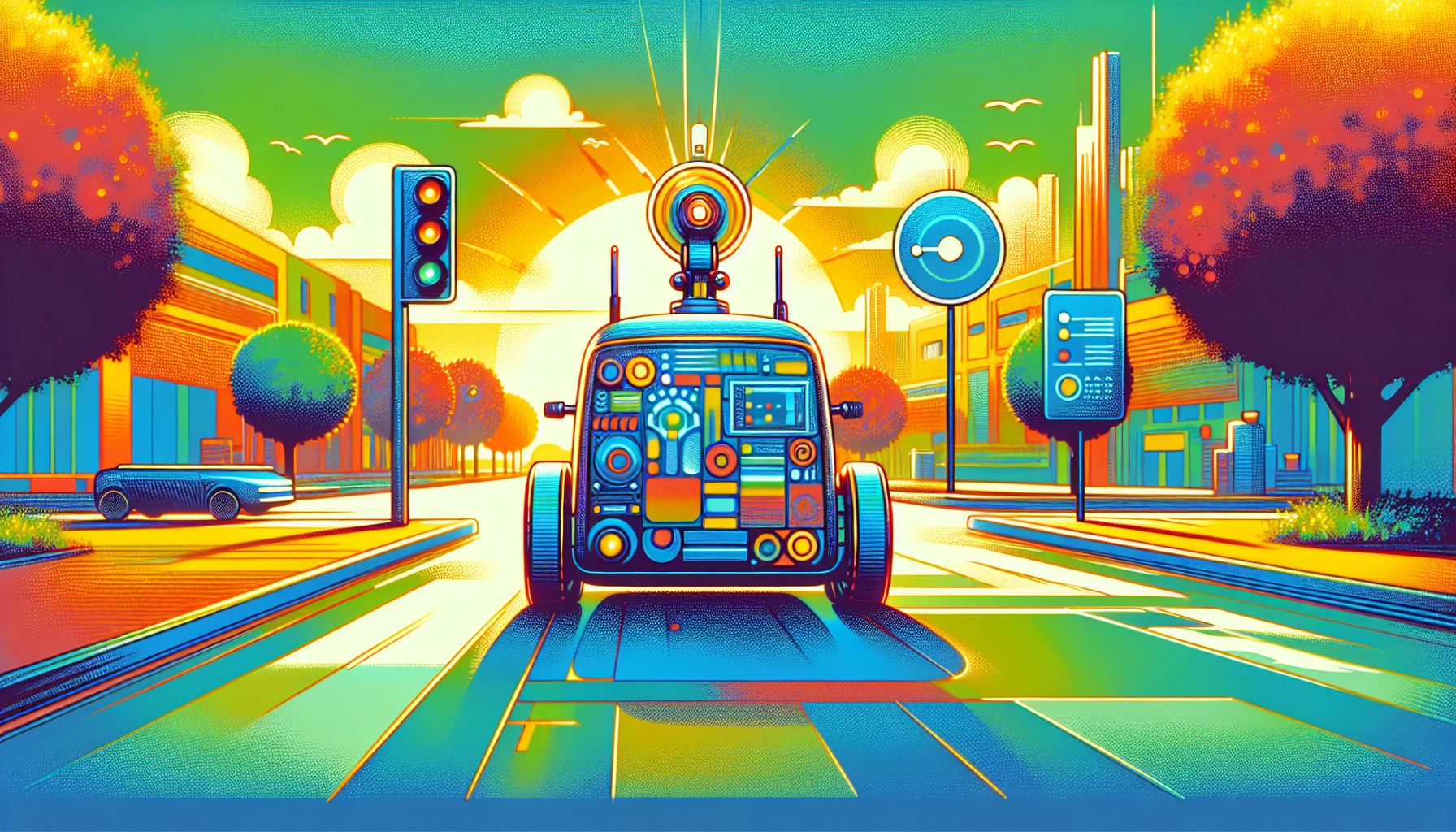TU Delft breakthrough enhances robot vision for safer autonomous vehicles

TU Delft’s Daan de Geus develops innovative image processing to improve autonomous vehicle and robot perception, aiming for safer operation and efficiency.
Revolutionizing Image Recognition
The recent advancements spearheaded by Daan de Geus, a PhD candidate at Delft University of Technology, mark a significant leap forward in the field of image processing. De Geus’ doctoral research has culminated in the development of novel image recognition methods that allow robots and autonomous vehicles to process and interpret their surroundings with unprecedented accuracy and speed. These improvements are not just theoretical; they promise to translate into tangible safety benefits for both machines and humans, particularly in the realms of autonomous driving and mobile robotics where split-second decisions can be a matter of life and death.
Efficiency Meets Accuracy
The key to de Geus’ innovation lies in the fusion of two neural network modules and the strategic clustering of similar image patches. This model unification and clustering have led to a striking increase in speed—by 110%—without sacrificing the accuracy of image recognition. Efficiency is paramount since these systems must conserve energy and deliver rapid assessments of dynamic environments. In essence, de Geus’ approach enables robots and self-driving cars to ‘see’ more like humans, understanding their surroundings in a way that is both fast and energy-efficient.
Advancing Beyond the Thesis
Following the defense of his thesis, titled ‘Advances in Scene Understanding - Towards Efficient Image Segmentation at Multiple Abstraction Levels’ on April 17th, 2024, de Geus does not intend to rest on his laurels. His research, supervised by Gijs Dubbelman and Peter de With, is already shaping the future of autonomous systems. With aspirations to continue his work in academia and plans for a research visit to the computer vision lab at TH Aachen University, de Geus is committed to refining algorithms that could revolutionize the way robots assist with healthcare, construction, and traffic safety.
A Step Towards a Safer Society
The implications of de Geus’ research extend well beyond the confines of TU Delft. The potential applications of his work promise to enhance traffic safety, facilitate the delivery of goods to remote areas, and provide essential support in healthcare settings. As robots and autonomous vehicles become increasingly integral to our daily lives, the need for them to perceive and react to their environment reliably is critical. De Geus’ contribution to image recognition algorithms is a cornerstone in the quest for safer, more efficient autonomous operations, signaling a move towards a future where technology and safety go hand-in-hand.

